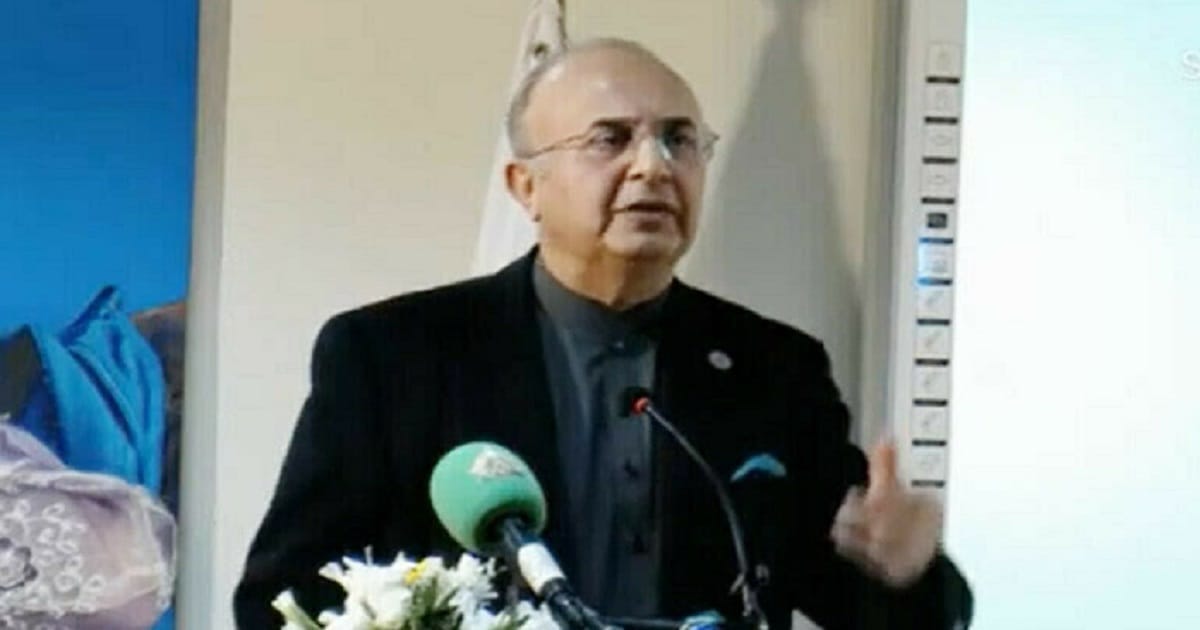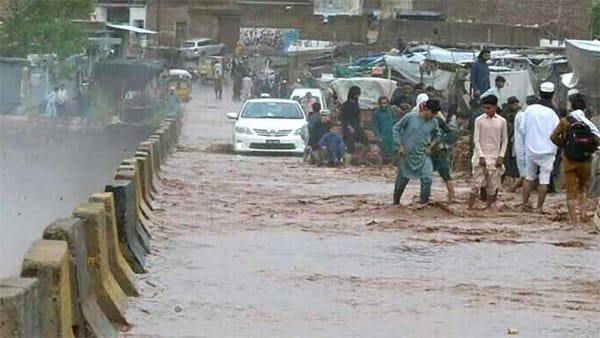Justice Mansoor urges govt to address climate crisis amid administrative gaps

Senior Judge of the Supreme Court Justice Mansoor Ali Shah has stressed the urgent need for climate action and financial support to address the climate crisis in Pakistan.
Speaking at a seminar on climate change in Lahore, Justice Mansoor expressed deep concern over the lack of progress in the past seven years and called for immediate action to implement climate diplomacy and finance initiatives.
The senior judge also highlighted that despite the government’s efforts in Baku, Pakistan has made little headway in combating climate change. “The last seven years have seen no tangible work on climate change,” he noted.
“The courts have issued multiple directives, but the implementation on the ground remains lacking.”
The senior judge emphasised that climate finance is critical to securing the future of Pakistan, framing it as a human right.
“Climate finance will be a ray of hope for Pakistan. It will provide security and climate justice to our people,” he stated. “Constitutionally, we must move towards climate finance to protect human rights.”
He pointed out the constitutional necessity of considering climate finance as a fundamental right, stating that climate justice is essential to safeguard the well-being of the people.
“Pakistan is the eighth most affected country globally by climate change, and we are facing a climate emergency,” Justice Shah said. “The courts have always treated climate emergency cases with utmost seriousness.”
Despite the urgency, Justice Shah noted that administrative hurdles have hindered progress. He referred to the 2017 law aimed at establishing a climate authority, which has yet to materialize, preventing any substantial steps toward climate finance.
“A fund was supposed to be created under the 2017 Act, but it was not mentioned in the budget. The authority has not been formed, and we are still following the truck lights,” he said, referring to the government’s inability to take timely action.
Justice Masnoor Ali Shah also criticised the current lack of resources and the government’s inability to focus adequately on the climate crisis. “Right now, it seems the government does not have enough money to address the issue,” he noted. “A coordinated strategy for climate emergencies should be developed, but we are still not seeing that urgency.”
He further highlighted that addressing climate change requires a multifaceted approach, including food security, disaster management, water security, urban planning, and agricultural reforms. “We need to integrate climate considerations into urban and agricultural planning to effectively tackle the crisis,” he added.
The senior judge also noted the significant implications of the 26th Constitutional Amendment, which stripped the courts of suo motu powers, complicating the judiciary’s role in climate matters.
“The 26th Constitutional Amendment has taken away our ability to act on our own in cases related to




